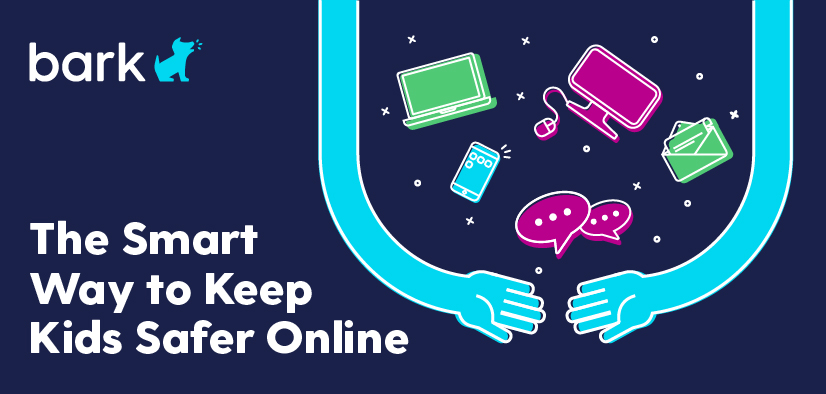By Lisa Thee
In an era where data privacy is getting further and further out of reach for adults, the digital native generation has convinced parents of the right to privacy on their social media, text, and phone communications. Gone are the days of the carpool drop offs where teens talked freely in the backseat while a parent casually looked for clues or make sure things were socially on track for their children.
The days of the family LAN line where you had an idea of who was calling the house are a forgotten memory. This generation feels a sense of entitlement to privacy online from parents, but is freely giving away their digital footprint to companies and peers which the in turn use to manipulate them. Targeted advertising, engaging videos tailored to their specific fears, and the distribution of naked photos of each other are common place and happening right under the noses of parents who don’t know how or where to look.
Xennials are the generation of digital immigrants, writing the rule book for parenting in the digital age. They got this tech when we were young enough to adopt it, but old enough to have some judgement about what information is private. The current generation is being raised on free porn with no age gates, pressure to create their online brand in elementary school, and parents who are addicted to their own phones.
The digital immigrant generation is still reeling from identity theft, credit agencies being hacked, and a loss of control. The newest generations of tech users think live streaming naked with random strangers is a fun dare for a middle school slumber party. We have never had more distance between two generations on the value of privacy.
Parents stop believing your kids when they get angry that you want to be involved in their digital lives that you are violating their privacy. The only privacy left in this world is from their parents on their devices. The consequences of that are suicide being the 2nd leading cause of death of children as of 2015, sexting being the new first base, and child predators creating community’s sharing tips on how to use phones to weaponize children against themselves.
Here’s what you can do:
- Give your child’s device a bedtime and charge it outside of their rooms
- Having to spot-check devices is not only time intensive, but also ineffective, as many apps are designed to help your kids hide content. You need to confront technology problems with technology solutions. That’s why content monitoring software is really important once you let your child spend online time unsupervised. It also gets your child used to your role as their guardrail. I recommend Bark, which monitors texts, emails, YouTube, and more than 25 social platforms for issues that parents need to know about
- Both Apple and Google provide parents free tools to manage parental controls, limit screen time, and restrict inappropriate content. You can always change the settings, so start conservatively and see how your family does. Apple offers options via IOS12 in the device settings, Google Family link is available in the Google play store
As a Xennial myself, it is a tricky time to be a parent. When to introduce devices, social media, and gaming is a personal decision and factors in many variables. As a technology insider, I support the Wait till 8th pledge. Whatever you decide in your home, it is important that technology privacy, mental health, and safety discussions are frequent and not a one and done event.
Sponsored Link
 For more information about the Bark Parental Monitoring App or to sign up for a FREE 1 week trial visit the Bark* website.
For more information about the Bark Parental Monitoring App or to sign up for a FREE 1 week trial visit the Bark* website.
If you are interested in Bark, please feel free to use our PediMom promo code for a 10% discount for life*. You can find Bark in the Google Play and IOS stores.
Click here to try the Bark App for free!*
* This site contains affiliate links to products. We may receive a commission for purchases made through these links.
